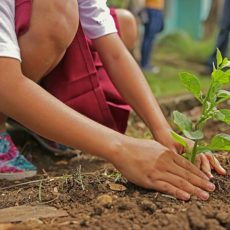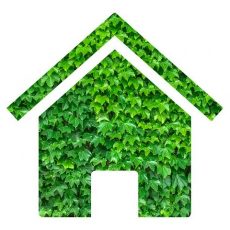
Guest Author – Lindsay, Founder of VALYOS
The global population is expected to rise to 8.5 billion people by 2030 with the middle class increasing by 3 billion people over the next 20 years. Since 1990 the amount of natural resources extracted per person has risen from 8.1 tonnes to almost 12 tonnes in 2015. That’s a huge increase in demand which will continue to put a strain on the planetary boundaries, if not addressed.
The good news is that concern about the environment is growing worldwide too. Increasingly, consumers are “voting with their wallets” and choosing ethical brands with values that align with their own. In 2019, Pinterest also reported that searches around sustainable living was up 69% from the previous year and searches for “sustainable living for beginners” were up by 265%.
What is sustainable living?
Living sustainably is a lifestyle that attempts to reduce one’s impact on the environment. There are a lot of ways you can reduce your impact, but it can seem overwhelming finding out how to get started.
A lot of information can be found online, and I’ve written a sizeable guide on the subject with 150+ easy steps anyone can take to lead a more sustainable lifestyle. One section shows 12 ways to become a conscious shopper, which can help you lower your consumption. Remember that small changes are better than none.
Shopping sustainably & becoming a conscious shopper
“Buy less, buy better” is the simple philosophy behind the lifestyle. Whenever you want to bring something new into your home ask yourself these simple questions first:
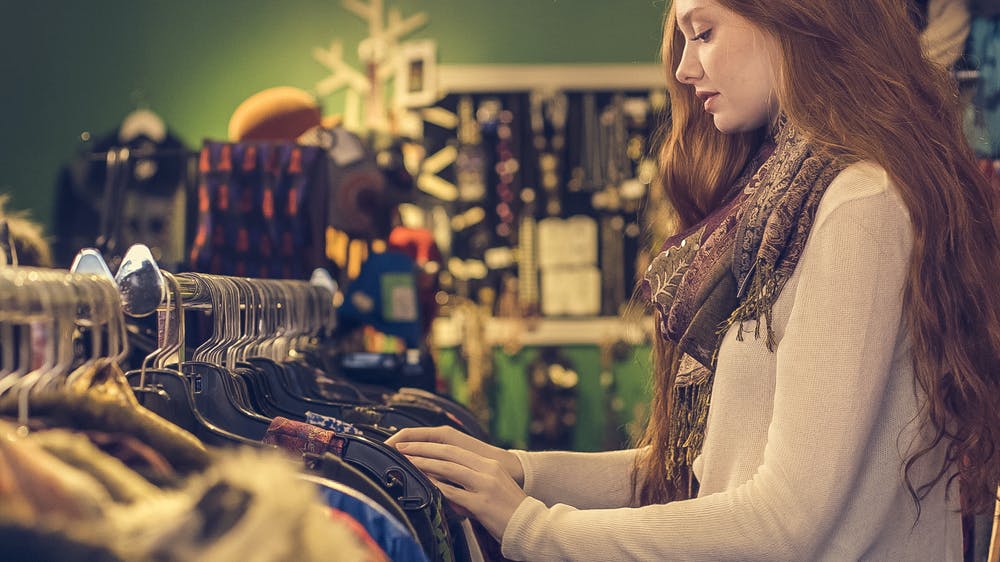
- Do I need it?
- Do I have something that can be repurposed or fixed instead of buying something new?
- Can I borrow from a friend, family member or local community group?
- Can I rent it?
- Can I buy it second hand?
If you answered yes to the first question but no to the next 4, the research phase can begin.
Choosing sustainably made products
When possible, try to avoid buying items containing new plastic. This also includes polyester, nylon, fleece, rayon, organza, taffeta, spandex, lycra, elastane and acrylic in clothing. Since less than 10% of all the plastic that has ever been produced has been recycled, it’s impossible to argue that plastic in any form is sustainable.

Buying better means investing in good quality and designs that will last for years and avoiding single-use items. For certain essentials in an area like beauty, it can be difficult to find products without new plastic as they have to follow strict health regulations. In this instance you can opt to buy from brands that offer a refillable service or fully recyclable packaging as a better alternative.
Choosing products made from certified organic materials or other accredited sources will always be a better option than non-certified. The price of organic products can seem off-putting to some, but by buying less in general you’ll be able to counterbalance this.
Lastly, it’s worth considering where an item ends up after it has lost its use. Understand if it’s biodegradable, recyclable or if it potentially will find its way to landfill. This will help you decide if it’s worth purchasing or not.
Researching sustainable brands
When researching a brand’s credentials, have a read through their website for any information about the materials/ingredients used and how they are sourced. Most sustainable brands are very transparent and will address issues related to farming, the manufacturing processes and worker’s rights. If you feel certain aspects are unclear, then send them an email with your questions.
Keep in mind that not every brand can get an organic certification due to costs or bureaucracy, for instance, but this doesn’t mean they do not use organic methods. The same applies to Fairtrade certification and it doesn’t mean they do not trade fairly. It’ll mostly be smaller brands that do not have the certifications, but if you want to support small businesses and artisans, have a talk to them about how they source their materials and how anyone involved in the production is being treated.
Another thing that’s worth taking into consideration when deciding on the brand you want to buy from, is repair services. When a brand offers this, it usually shows that they are committed to supporting the move away from a throw-away culture.
Becoming a conscious shopper
It’s easy to get caught up in the frenzy of a sales period or to not take advantage of discounts offered for any old reason, but have you ever stopped and asked yourself if you’re buying something because you need it or because it’s (seemingly) cheaper?
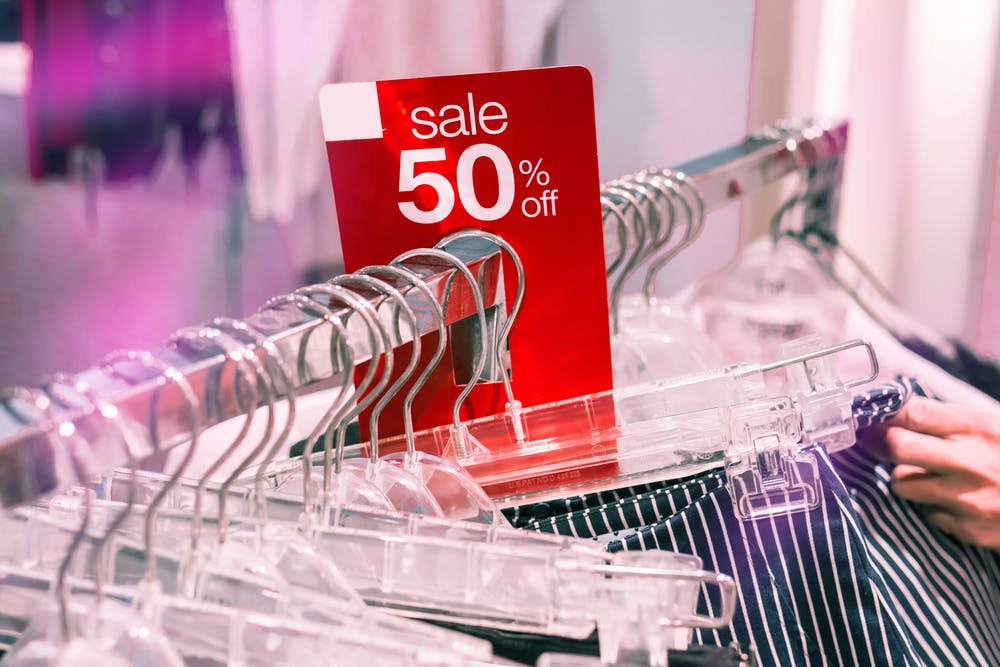
To become a conscious shopper, it’s all about taking your time to consider your purchases. This helps against spontaneously shopping for things you’ll end up not using and you’ll stop contributing to the overproduction of things that there isn’t a demand for. If there’s a demand for something it will sell out at full price. If there isn’t a demand for what has been produced, well then it ends up being discounted at a sale.
There is the exception of products being offered at a discount regularly to entice you to buy. Personally, I don’t think it’s a responsible way for a brand to advertise their products. Either they should offer it at a lower price if they can afford it, produce less or stop producing it altogether if there isn’t enough demand.
There’s an easier way to shop sustainably
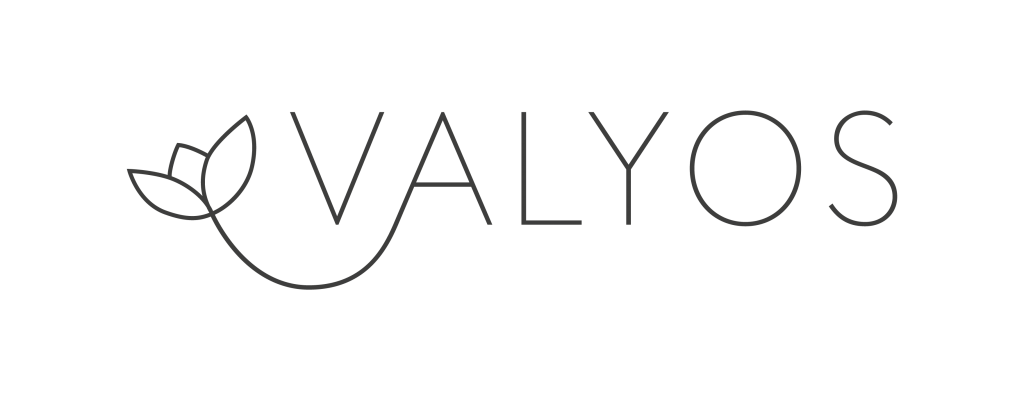
The amount of research required to find sustainable products and brands is not always possible with life’s busy schedule. This is where VALYOS can help you. An eco-friendly online platform that connects sustainable brands and second-hand sellers with conscious consumers.
All the products on offer goes through a screening process to make sure they are made from materials or ingredients that match one or several of the following:
- Organic
- Natural
- Vegan
- Recycled, upcycled or salvaged
- Plastic free
- Second hand or vintage
- Refillable
- Biodegradable
Leading a sustainable lifestyle doesn’t have to be hard. Visit VALYOS to find eco-friendly products or follow us on Instagram or Facebook for regular tips on sustainable living.
This article was written by Lindsay Karlsen, the Founder of VALYOS, an eco-friendly online marketplace. Drop by her site for fabulous sustainable brands from around the world that offer fashion, homeware and beauty items. Find vegan, organic, fair trade, second hand, vintage, antiques, plastic free, zero waste, artisan and handmade, recycled or upcycled and made-to-order items.
Stay tuned for our upcoming swrmTV interview with Lindsay, to learn about her journey to creating this wonderful online community!

